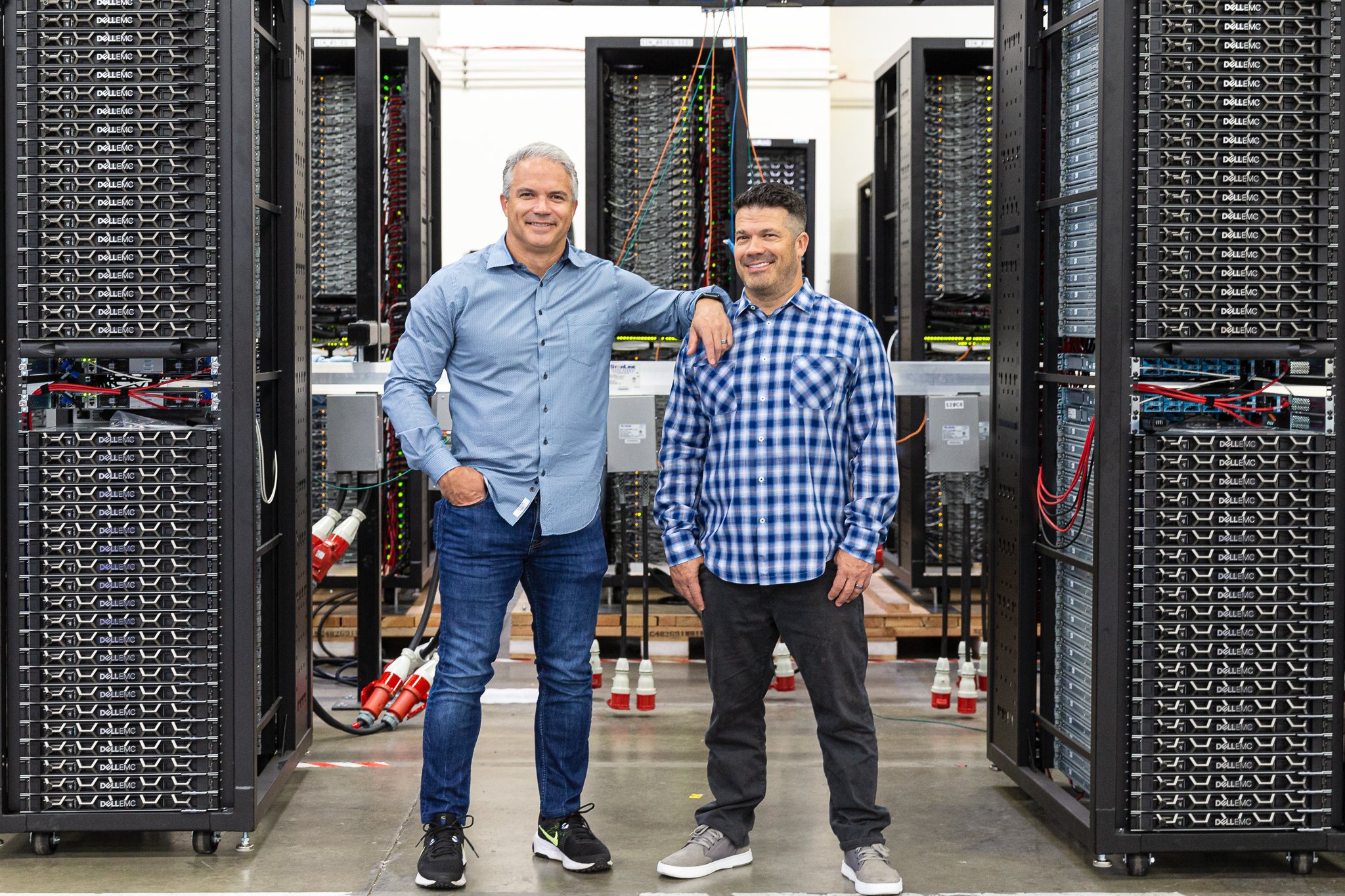Nonprofits are under increasing pressure to manage complex data ecosystems, often with limited resources. Real-time insights, compliance-driven reporting, and the need for outcome-based funding call for a transformation. These organizations must adopt modern, scalable, automated data solutions to stay effective and sustainable.
Microsoft Fabric, a unified analytics platform designed to simplify data management, is at the heart of this transformation. When paired with Redapt’s deep technical expertise, nonprofits gain the tools and strategies to overcome their data challenges. In this blog, we explore Fabric’s architectural components, implementation strategies, and best practices, offering a pathway for nonprofits to accelerate their digital transformation and unlock operational intelligence.
Addressing the Nonprofit Data Landscape
Many nonprofits face persistent challenges that limit their ability to deliver scalable analytics, including:
- Heterogeneous data sources: Disparate systems such as donor CRMs, grant platforms, and operational tools often lack interoperability.
- Manual data processing: Heavy reliance on spreadsheets and static reports slows decision-making and insights.
- Limited engineering resources: Many nonprofits have minimal in-house data engineering support.
- Tight budgets: Financial constraints can hinder investment in traditional enterprise data solutions.
Microsoft Fabric addresses these barriers by unifying data ingestion, storage, transformation, and visualization into a single, end-to-end platform. Compared to legacy systems, this reduces integration complexity and costs by up to 30%, offering nonprofits a more cost-effective and scalable solution.
Microsoft Fabric Architecture at a Glance
Watch the webinar, "Transforming Nonprofit Data Management with Microsoft Fabric," to learn more about Microsoft Fabric infrastructure
Fabric provides an integrated ecosystem designed to streamline nonprofit data management. Key components include:
Centralized Storage with OneLake
- Built on Azure Data Lake Storage (ADLS) Gen2, OneLake supports a medallion architecture (Bronze, Silver, Gold) with Delta Lake compatibility.
- Data shortcuts enable nonprofits to access donor information stored in Azure Blob or AWS S3 without costly duplication.
Data Integration Tools
- Pipelines orchestrate scheduled SQL ingestion, such as importing donor records.
- Dataflows Gen2 streamlines ad-hoc tasks like address standardization.
- Notebooks (Spark, Python) and T-SQL endpoints provide advanced processing capabilities for more technical use cases.
Storage and Querying Layers
- Lakehouse: Flexible storage for unstructured donor or campaign data.
- Warehouse: Optimized for SQL-based reporting, ideal for compliance tracking.
- Eventhouse: Supports real-time KQL-based analytics, perfect for capturing website donation activity.
Enhanced Analytics with Copilot and AI
Fabric’s AI-powered Copilot reduces query development time by up to 30%, enabling even non-technical users to generate DAX queries and visualizations through natural language prompts. This democratizes self-service analytics and fosters data-driven decision-making across nonprofit teams.
Redapt’s Approach to Empowering Nonprofits
Redapt combines technical expertise with a deep understanding of nonprofit operations to streamline Microsoft Fabric adoption. Our proven framework includes tailored services such as:
- Data Estate Assessment: Cataloging systems, formats, and lineage to prioritize high-impact datasets.
- Rapid Data Ingestion: Accelerated parameterized pipeline setup for tasks like importing diverse CRM schemas.
- Model Optimization: Structuring data for compliance tracking and donor segmentation in Power BI.
- CI/CD Enablement: Ensuring automated, repeatable transformations and deployments via Azure DevOps pipelines.
- Security & Governance: Implementing role-based access, sensitivity labeling, and Microsoft Purview for seamless GDPR/CCPA compliance.
Success Stories
Modernizing Analytics for a Christian Publisher
A Christian publishing nonprofit encountered scalability issues with its 10TB on-premises SQL Server. Query delays and siloed data hindered inventory management.
Redapt facilitated their migration to Fabric’s SaaS platform and optimized their reporting processes. A Lakehouse stored raw sales data, while the Warehouse provided <1-second query response times. Copilot-generated DAX queries enhanced inventory forecasting, and Power BI dashboards enabled cross-departmental collaboration.
Impact:
- 40% reduction in reporting time.
- Unified insights for marketing, finance, and operational teams.
Deploying a Data Hub to Boost Donor Engagement
A nonprofit faced fragmented donor data, limiting campaign effectiveness. Outdated systems impeded clean, centralized reporting.
Redapt implemented a data hub using Microsoft Fabric, leveraging Dataflows Gen2 to standardize and deduplicate donor records. Power BI dashboards demonstrated donor retention trends, and Python-based machine learning predicted campaign outcomes.
Impact:
- 15% increase in repeat donations due to targeted outreach.
- 20% reduction in licensing costs through streamlined ETL processes.
Implementation Best Practices for Technical Teams
For nonprofits looking to adopt Microsoft Fabric, Redapt recommends these practical steps to ensure success:
- Start Small: Begin with high-impact datasets like donor records to demonstrate measurable outcomes.
- Utilize a Medallion Architecture: Process data through Bronze (raw), Silver (cleansed), and Gold (analytics-ready) layers to maintain consistency and scalability.
- Leverage Power BI Semantic Models: Implement measures and filters for real-time insights, optimizing large datasets with aggregations as needed.
- Automate with DevOps: Simplify updates with Azure DevOps YAML pipelines for consistent deployments.
- Train Non-Technical Teams: Empower staff with resources like Copilot and Power BI tutorials, achieving confidence in 1-2 weeks.
Partnering with Redapt to Build Data Resilience
Microsoft Fabric enables nonprofits to adopt analytics at their own pace with a pay-as-you-go framework, supporting scalable growth while controlling costs. Redapt’s proven accelerators and collaborative approach empower mission-driven organizations to shift from reactive to proactive decision-making. From addressing compliance mandates to enabling AI-driven insights, Redapt helps nonprofits achieve long-term success.
Are you ready to transform your nonprofit’s data strategy? Schedule a call with Redapt today and begin building a future powered by informed, scalable analytics.
Contact Us About Microsoft Fabric














